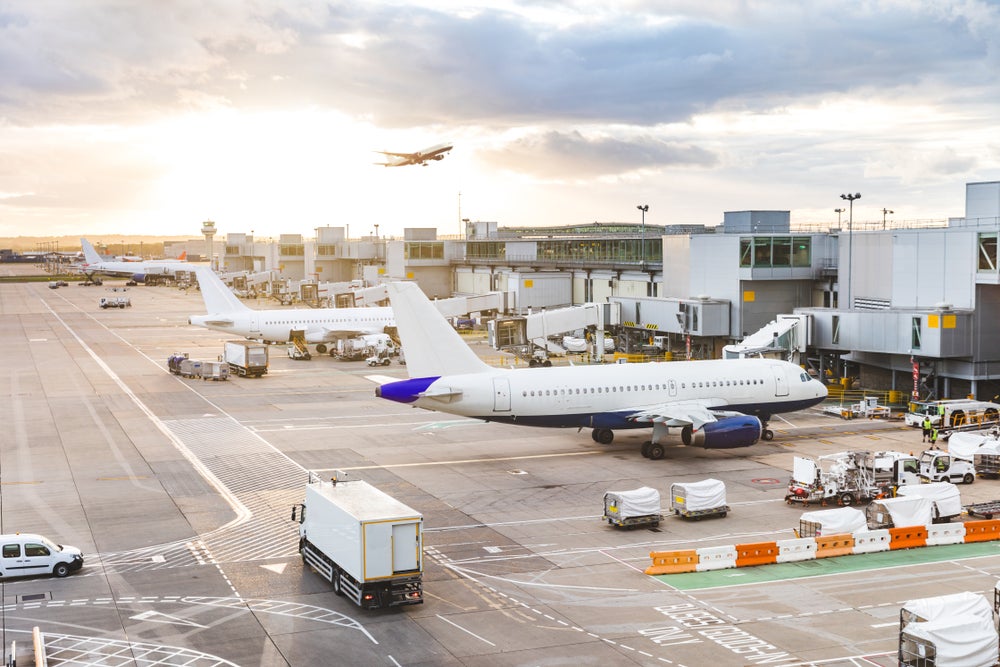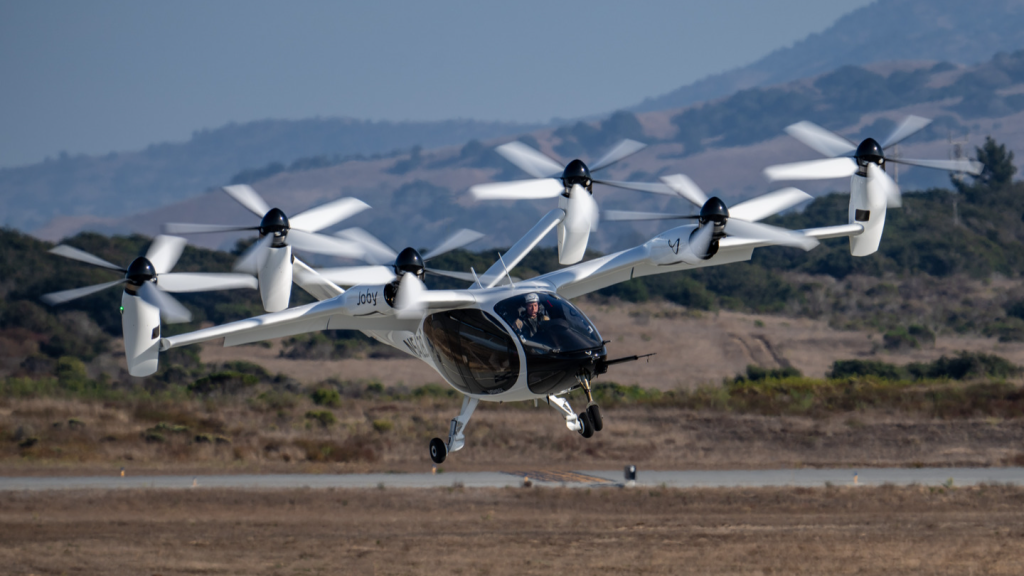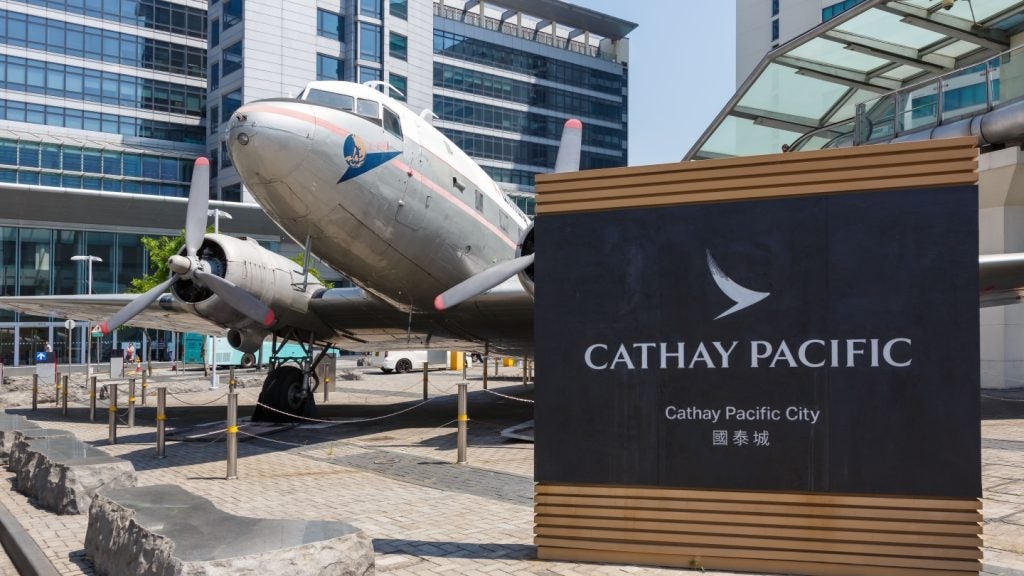
“The climate crisis is already here,” Greek Prime Minister Kyriakos Mitsotakis told the Greek Parliament on Monday 24 July, following a weekend that saw tens of thousands flee wildfires in Greece’s largest-ever evacuation.
At just 1.2°C of global warming, this summer has seen normally tourist-friendly climates in southern Europe subjected to temperatures of more than 40°C (104°F) for days on end.
The searing heat has led to unmanageable wildfires: Greece’s wildfire season in particular has been so intense that new data shows more carbon emissions were released in just a week of July wildfires than was the case in any July in Greece for more than 20 years.
Climate scientists have already come forward to say that there is an “overwhelming” likelihood that this year’s extreme heat can be attributed to climate change.
Yet even as tourists flee hotels amid wildfires in Europe’s prime sunspots, many millions more continue to flood into holiday destinations on kerosene-burning planes for their annual summer vacations.
See Also:
Data from Flightradar24, which tracks all the flights in the sky using satellite data, detected a record number of flights in the sky on Thursday 20 July. The website has only been tracking flights since the start of 2019 – but there is a high chance this represents the most flights ever on a single day, given that 2019 was the year when the most airline passengers flew in a single year.
How well do you really know your competitors?
Access the most comprehensive Company Profiles on the market, powered by GlobalData. Save hours of research. Gain competitive edge.

Thank you!
Your download email will arrive shortly
Not ready to buy yet? Download a free sample
We are confident about the unique quality of our Company Profiles. However, we want you to make the most beneficial decision for your business, so we offer a free sample that you can download by submitting the below form
By GlobalDataAviation is a notoriously hard-to-abate sector. Technologies like electrification, workable in short-haul, hard to imagine for long-haul; hydrogen, which brings technological challenges; and sustainable aviation fuel (SAF), the economics of which are challenging, have all been mooted, but none offer a panacea to decarbonise the sector.
So far, airlines have turned to offsetting programmes to render their flights climate neutral, but these are coming under increasing scrutiny.
The International Energy Agency’s (IEA) recent Tracking Clean Energy Progress report found aviation to be one of 18 out of 50 energy sectors that remain off track from net zero. The report highlights how aviation remains “one of the most challenging sectors to decarbonise”.
There are, however, signs of hope. Both industry and policymakers appear to be focused on SAF, which can be produced in a number of ways, including from biomass or synthetically via electrolysis, even if they remain uncompetitive on a market basis with kerosene jet fuel.
Currently, SAF accounts for less than 0.1% of all aviation fuels consumed. However, Boeing and Airbus have pledged to make their planes 100% SAF-compatible by 2030.
In addition, policy programmes such as the US Inflation Reduction Act – which has allocated $3.3bn in tax credits to SAF programmes – and the UK’s Jet Zero pledge, which allocates £165m ($211m) to SAF projects – are expected to stimulate growth in the sector, says the IEA.
The EU’s Emissions Trading Scheme is also set to phase out free emission allowances for the aviation sector by 2026, further pushing for the sector's decarbonisation.
This article was originally published on our sister site, Energy Monitor.








Related Company Profiles
Airbus SE
DATA Inc
IEA INC.
SAF SpA